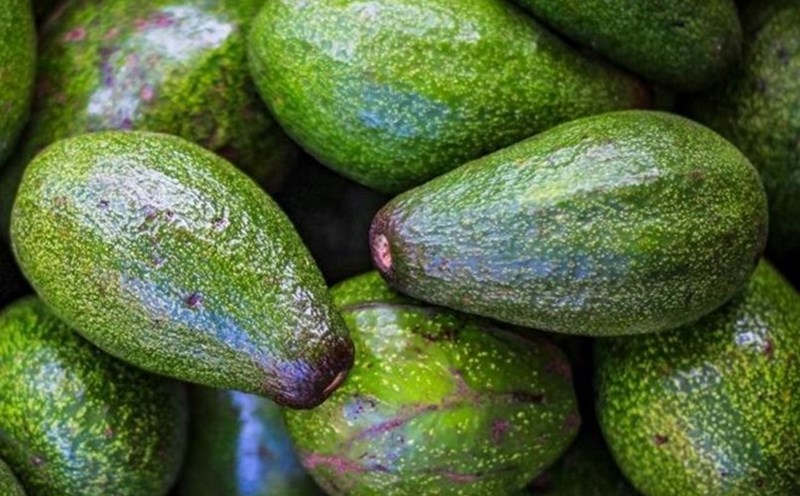Salmon: Contains large amounts of omega-3 fatty acids (EPA and DHA), which have anti-inflammatory effects, improve brain function and reduce the risk of cardiovascular disease.
According to research published in the American Journal of Clinical Nutrition (2023), consuming fatty fish at least twice a week helps reduce the risk of death from heart disease by 35%.
Salmon also provides easy-to-digest protein and vitamin D, which are essential for bones and the immune system.
Avocado: Avocado is rich in monounsaturated fats, potassium, and lutein antioxidants. These substances help reduce bad cholesterol (LDL), stabilize blood sugar and improve cardiovascular health.
According to the US National Institutes of Health (NIH, 2022), people who eat avocado regularly have smaller waistlines and a 50% lower rate of metabolic syndrome than those who do not eat avocado.
Dark green leafy vegetables: Vegetables such as spinach, spinach, kale provide vitamins A, C, K, folate, iron and powerful antioxidants.
According to WHO (2023), supplementing leafy greens daily helps reduce the risk of cancer, supports liver detoxification and improves the digestive system.
In particular, green vegetables help alkalimize the body and balance the intestinal microflora.
Blueberries: Rich in anthocyanin, a powerful antioxidant that helps protect cells from free radical damage.
Eating blueberries every day helps improve memory, increase vascular elasticity and reduce blood pressure.
Blueberries also help reduce chronic inflammation, a underlying factor of many dangerous diseases.
Beans: Black beans, red beans, lentils and soybeans contain large amounts of plant protein, soluble fiber and minerals such as magnesium, iron, zinc.
According to NIH (2023), eating beans regularly helps reduce the risk of type 2 diabetes, stabilize blood fat and support weight loss thanks to its ability to create a feeling of fullness for a long time.
Beans also help balance blood sugar levels thanks to their low glycemic index.
Chia seeds: Provide plant-based omega-3, protein, soluble fiber and many minerals such as calcium, magnesium and zinc.
Supplementing 2 tablespoons of chia seeds per day helps improve blood lipids, reduce belly fat and regulate blood pressure.
Chia seeds also support the digestive system thanks to their ability to create natural gel in the intestines, helping to clean the intestines.
These foods provide a solid foundation for the heart, liver, brain, immune system and digestive system.
In addition, maintaining an active lifestyle, getting enough sleep and controlling stress are also indispensable factors for the body to maximize the benefits of a scientific diet.











